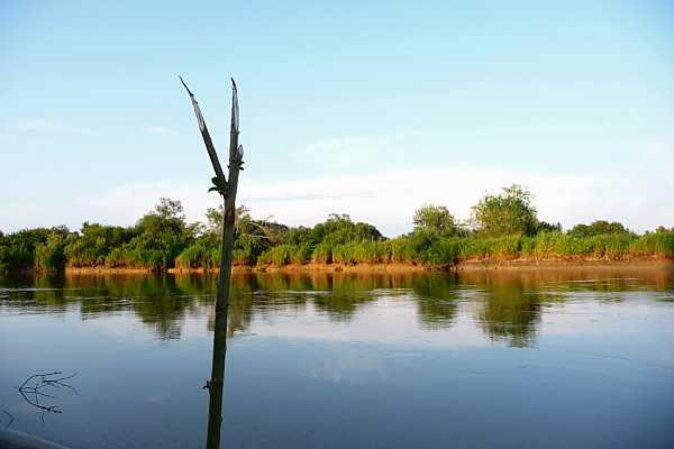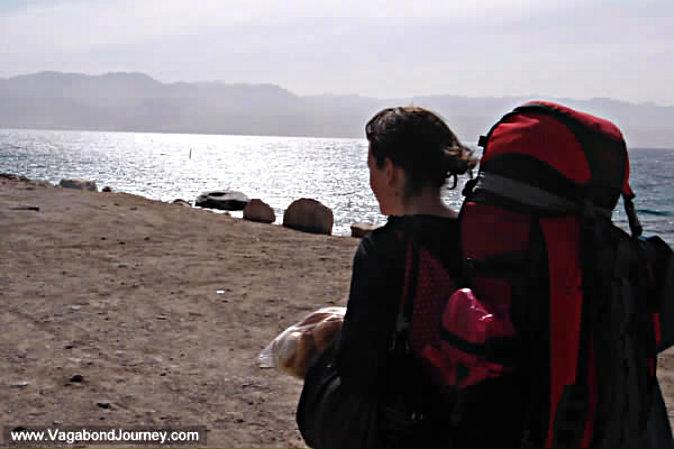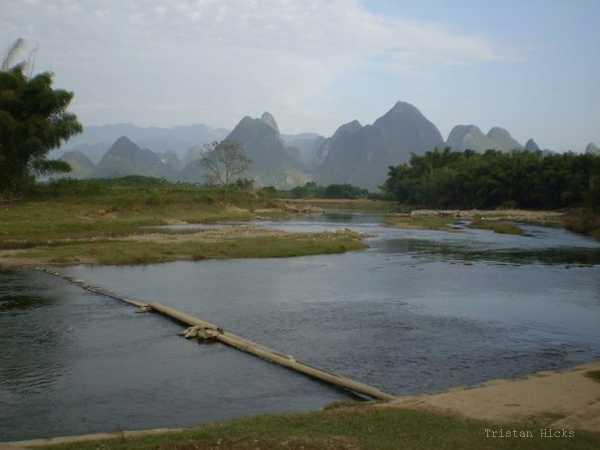Original article on www.vagabondjourney.com
It’s raining pretty hard now and the kayak is filling with water and my improvised bilge pump – a plastic bag – has a hole in it. I’m very slowly sinking, and for the past three hours the only solid land I’ve seen is the 4 foot vertical wall of peat along the river which occasionally takes the place of the wall of reeds.
I’m sitting in a bright green inflatable kayak somewhere along the Emajõgi in Estonia. Emajõgi literally translates as “Mother River”, and the great Mother meanders slowly eastwards through the southern half of the country. Flowing from Lake Võrtsjärv to Lake Peipus, the Emajõgi passes through Tartu, the 1600 year-old cultural and intellectual capital of Estonia.
I’m here as part of an experiment. A year ago, Wade Shepard, editor of Vagabond Journey, mentioned that the combination of an inflatable kayak and a folding bicycle may be the ultimate vagabond setup. I have decided to see what an inflatable was capable of by paddling the 62 mile (100km) length of the Emajõgi. Plenty of people have made long journeys with folding bicycles, but inflatable kayaks are still primarily used for short afternoon pleasure paddles rather than for multi-day expeditions.





